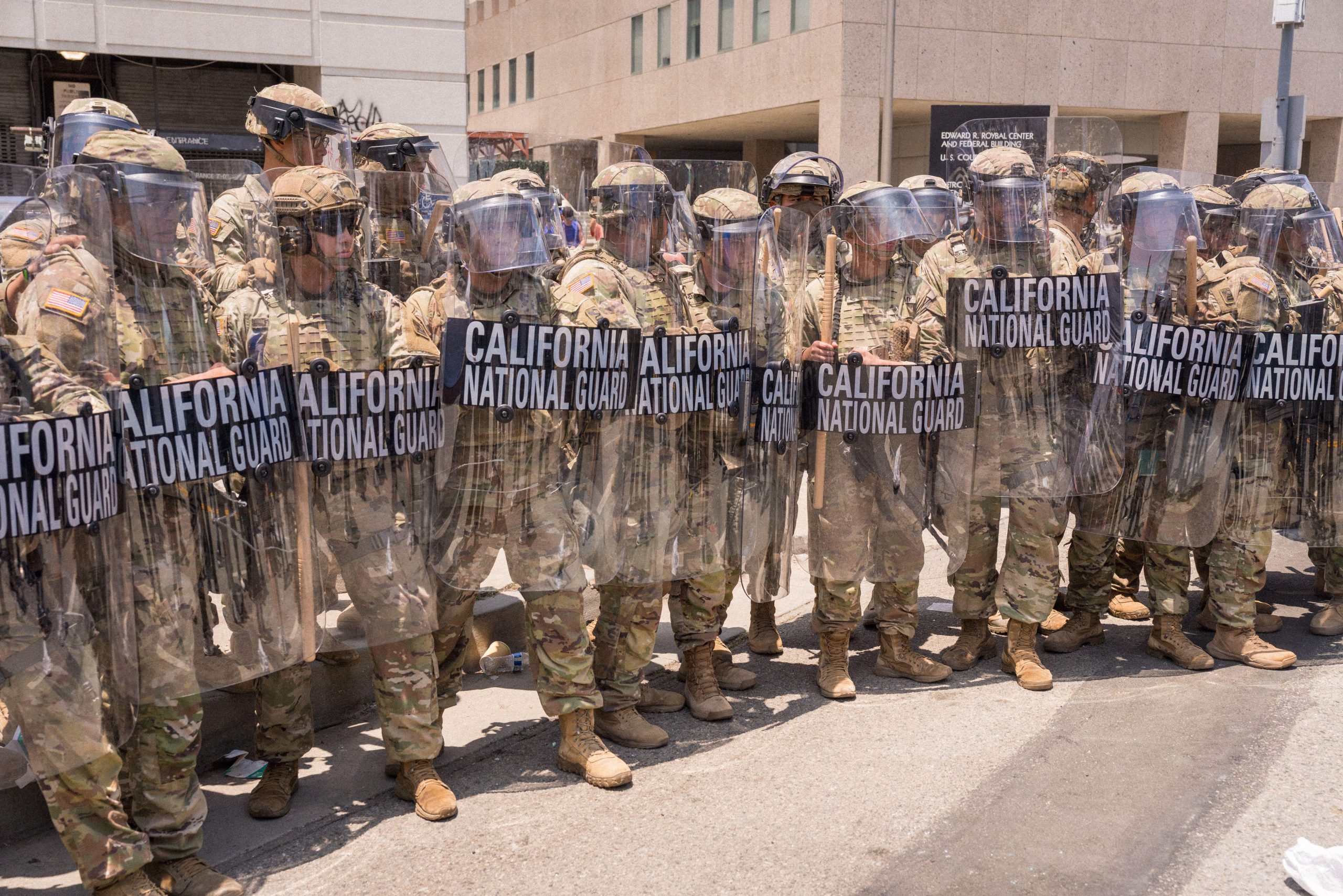Yes! Yes Sir! Life is normal
A labourer’s annual wage is worth a dinner abroad
Yes! Of course, Sir! Life is normal
We don’t dare say otherwise, in case we get in trouble
These are the opening lines of Toomaj Salehi’s song Normal. Salehi did dare to say otherwise though and for that he did get in trouble. On Wednesday an Iranian revolutionary court sentenced him to death. The charge was “corruption on earth”. The only thing corrupt is Iran’s regime.
For those unfamiliar with Salehi, he is a well-known Iranian hip-hop artist whose lyrics are infused with references to the human rights situation in Iran. He was an outspoken supporter of the Woman, Life, Freedom movement. Last year, Index awarded Salehi a Freedom of Expression award in the Arts category. Salehi donated his cash prize to victims of recent floods in Iran.
Because of his advocacy Salehi has faced continuous judicial harassment, including arrest and imprisonment. He has been in and out of prison since 2021. A moment of respite came in November 2023 when Iran’s Supreme Court struck down Salehi’s six-year prison sentence. The respite was short-lived. Just days after he was released from prison Salehi was rearrested upon uploading a video to YouTube documenting his treatment while in detention.
On 18 April 2024, Branch 1 of Isfahan’s Revolutionary Court held a new trial for Salehi where the court ultimately convicted Salehi and sentenced him to death. His lawyer alleged that the ruling had significant legal errors, including contradicting the Supreme Court verdict. He said that they will appeal the verdict. They only have 20 days.
Index has been in close contact with his family, as well as lawyers and other organisations who work in our field. We are shocked by the barbarity of this decision (please read our CEO Ruth Anderson’s article on what he means to us more personally here), as well as heartened by how the international community has pulled together. If you are on social media and have not yet engaged with his case, we have a small favour to ask – do please post about Salehi and use the hashtag #FreeToomaj. Making noise might not change the outcome of the case but we know that solidarity can have a huge impact on the emotional wellbeing of dissidents and their families.
Salehi’s case is top of the Index priority list. Still, we have been keeping a close eye on the USA, where academic freedom, free assembly and broader First Amendment rights are being put to the test. While we have seen instances of hate speech directed towards Jewish students – vile and unjustifiable – the overall picture being painted is one of police overreach and brutality. There are too many disturbing scenes by now but let me highlight one – a CNN video of Professor Caroline Fohlin from Emory University in Atlanta being hurled to the ground and handcuffed. She had simply asked the police “What are you doing?” after she came across the violent arrest of a protester on campus.
There are immediate concerns for free speech here. Beyond these are two longer term ones. Firstly that this is part of a broader pattern of less tolerance towards protest across the world. We’ve seen it in the UK in the form of legislation restricting where and how people can protest, which has also led to an overzealous police force who arrest campaigners before their protests even start. Secondly that this will provide perfect justification for Trump, should he be re-elected, to further crack down on rights. “Look”, he’ll say, “Biden’s administration did it too”.
We’ve read a lot of good, thoughtful articles this week about the protests, such as this from Slate talking to Columbia students about the situation on the ground, this from Robert Reich on the free speech implications (he argues universities should actively encourage debate and disagreement) and this from Sam Kahn on what it feels like to be Jewish in the USA right now (he takes issue with what he terms a “nothing-to-see-here je ne sais quoi” approach to the protests). We also had an NYU professor, Susie Linfield, commenting late last year here. Do take a read. It feels slightly like wading through treacle right now – it’s easy to get stuck on one argument and then stuck on a totally different one. So we should take a step back and that step back for me came from the Gazan-American Ahmed Fouad Alkhatib when he commented on what was happening at the University of Texas Austin:
“Regardless of what you think of pro-Palestine protesters, attacking students (and a cameraman) during a peaceful assembly is shameful and wrong. This will inspire even more protests and further inflame a really difficult and an impossible situation. Absent acts of violence, harassment, or destruction of property, students have a right to freedom of expression. We cannot lose sight of that.”
Whether in the USA or Iran we stand by peaceful protesters and we will always call out those who seek to silence them.






